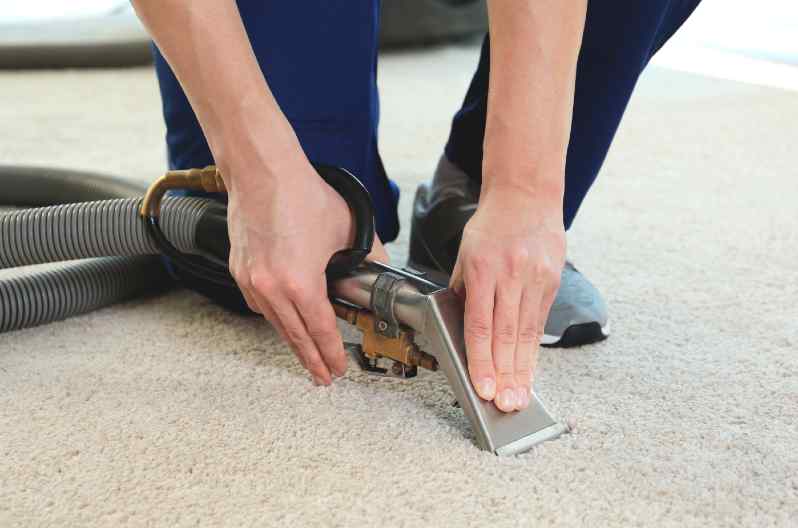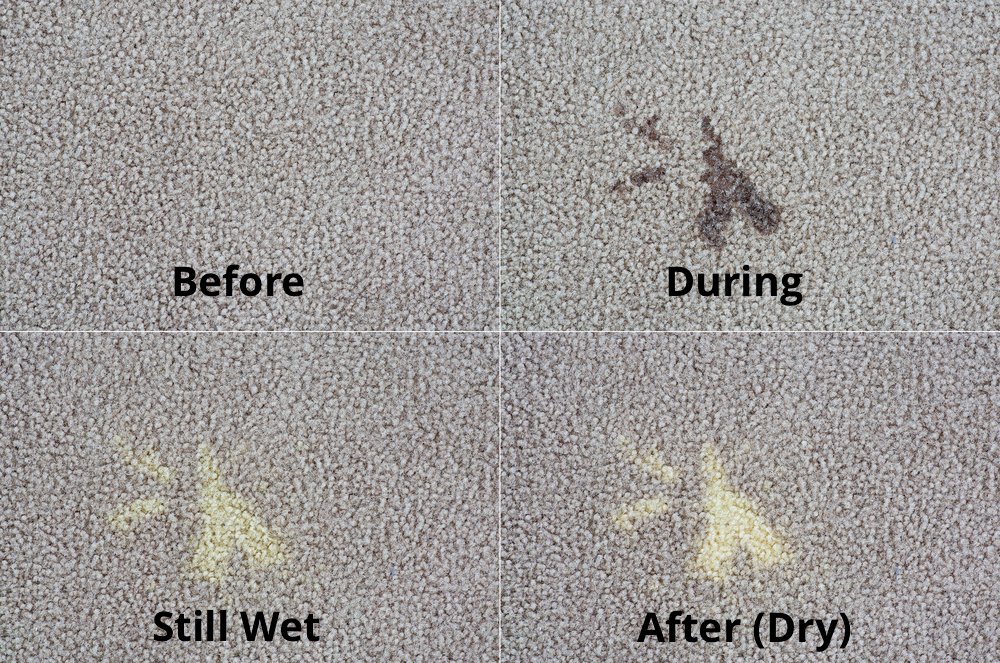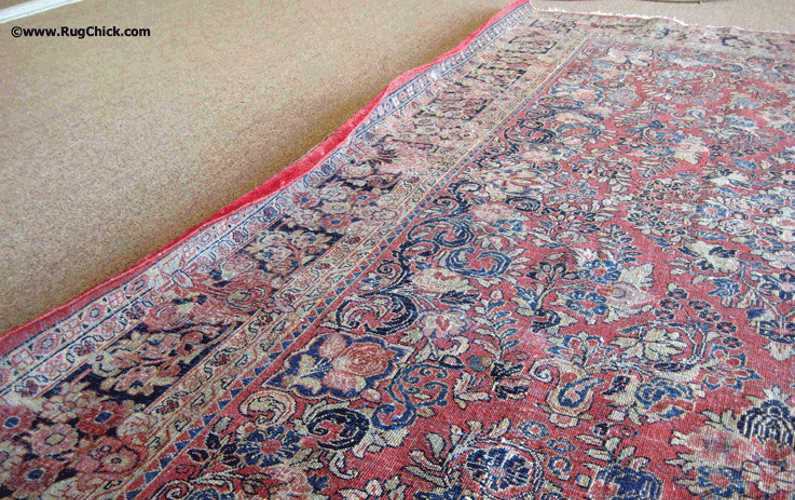You do not want any wet furniture to be left in the house for an extended period of time as it become breeding grounds for mold and mildew.
Carpet keep getting wet lower level ground.
Damp down low rising damp if you have damp patches bubbling paint crumbling plaster or powdery deposits on wall surfaces close to the floor rising damp is probably the culprit.
If you don t have insulation and you dry out the basement quickly you don t have to replace the drywall.
My 1st guess it that s its a ground level problem.
A lawn is an area of soil covered land planted with grasses and other durable plants such as clover which are maintained at a short height with a lawnmower or sometimes grazing animals and used for aesthetic and recreational purposes.
Divert rainwater run off from the roof away from the foundation by installing gutters and extending the downspouts so water is diverted beyond the planting beds and out into the yard.
Remember that mold and mildew can bloom within 24 36 hours so this step is crucial.
I did go outside and look along the wall that is damp and it appears the soil in the garden there is high above the foundation level and even with the weeping holes.
Within a week or so the damp spot progressed to a puddle 4 by 6 feet that a wet vac couldn t really keep up with.
Depending on the depth of the standing water you may want to utilize a wet vacuum to suck up the bulk of the water.
Large windows especially those that extend within 12 inches of the outside ground level are particularly prone to getting dirty during rainstorms.
The rooms upstairs are fine.
But if the insulation is wet it s gotta go wet insulation cannot be saved.
The most effective of the interior drainage systems is a perforated drain pipe installed inside the perimeter of the footing.
While the carpet is drying check the condition of the wall insulation.
By placing the drain pipe beneath the slab it drains the area to a lower level.
Some people even level the ground before planting grass seed flowers and vegetable gardens.
Whatever your reason to level ground the process is the same.
As water drains off the roof and hits the ground soil particles are splattered onto the house siding and lowest window panes.
We have a 2 story home and the ground level is the one that is wet.
This requires removing and replacing concrete at the slab edge.
Snap a chalk line cut the drywall with a recip saw and toss the wet stuff.
The temporary fix was to rip up the carpet knock a hole in the concrete slab repair the leaking pipe fill in the hole with quickcrete cement and restretch.
Others level ground to prepare for new above ground swimming pools swing sets driveways sheds or patios.
I checked the attic and there are no signs of leaks or dampness.





























